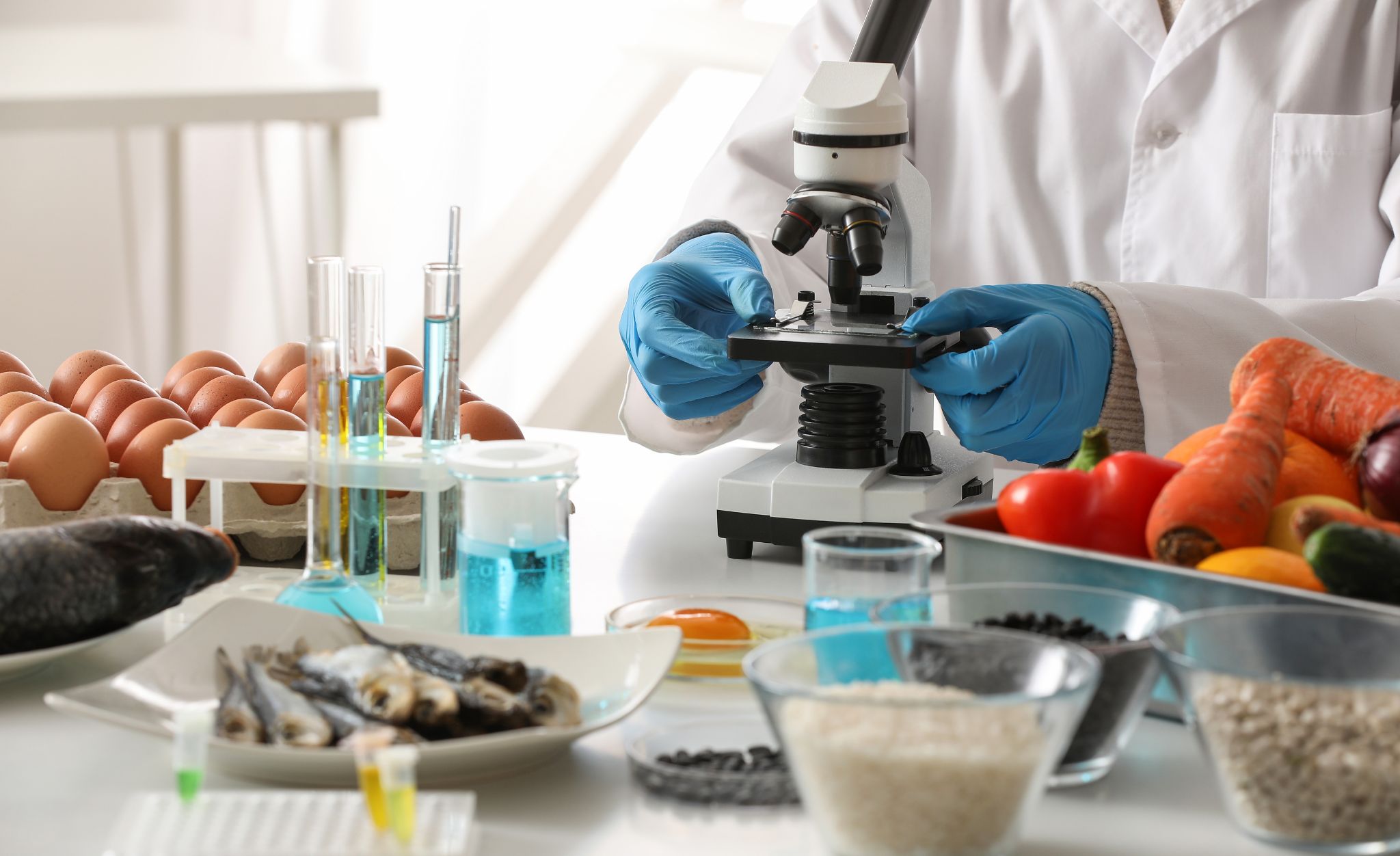This is one of the most commonly asked questions. Many people are confused about what it means and how to become an SQF Practitioner. Watch our 4 minute video explanation and get the answers!
SQF Practitioner Convenient Online Training – Learn more / register today
What is a Certified SQF Practitioner?
There is no certification for Practitioners (Certification is only given to organizations). However, there are requirements to meet in order to be an SQF Practitioner. An SQF-certified company must designate a the primary Practitioner as well as a backup Practitioner. This person will be responsible for overseeing the development and implementation of the system, as well as the maintenance of the SQF Program.
The SQF Practitioner must:
- be an employee of the company and designated as a Practitioner by management
- be trained on the requirements of SQF
- complete a HACCP training course
An SQF (Safe Quality Food) practitioner is integral to a company’s food safety and quality management system. They ensure compliance with SQF standards, recognized globally for meeting buyer and supplier needs. Their responsibilities include developing, implementing, and maintaining the SQF program, which involves regular monitoring, verification of processes, conducting internal audits, and training staff on SQF requirements. Preparing for certification audits is also a key task.
This individual ensures that all practices align with regulatory and industry standards, enhancing the company’s credibility and ensuring consumer safety. Their role is vital in minimizing risks, improving operational efficiency, and upholding high standards of food safety and quality, crucial for consumer trust and business success.
In addition to these technical tasks, the practitioner often acts as a liaison between management and employees, ensuring that everyone understands and adheres to the SQF guidelines. They also stay updated on changes in regulations and standards to continuously improve the company’s food safety and quality protocols.
By fostering a culture of continuous improvement and compliance, the practitioner helps businesses not only achieve but maintain certification, which can open doors to new markets and opportunities.
This role is essential in promoting a safe, high-quality food supply chain from production to consumption.









